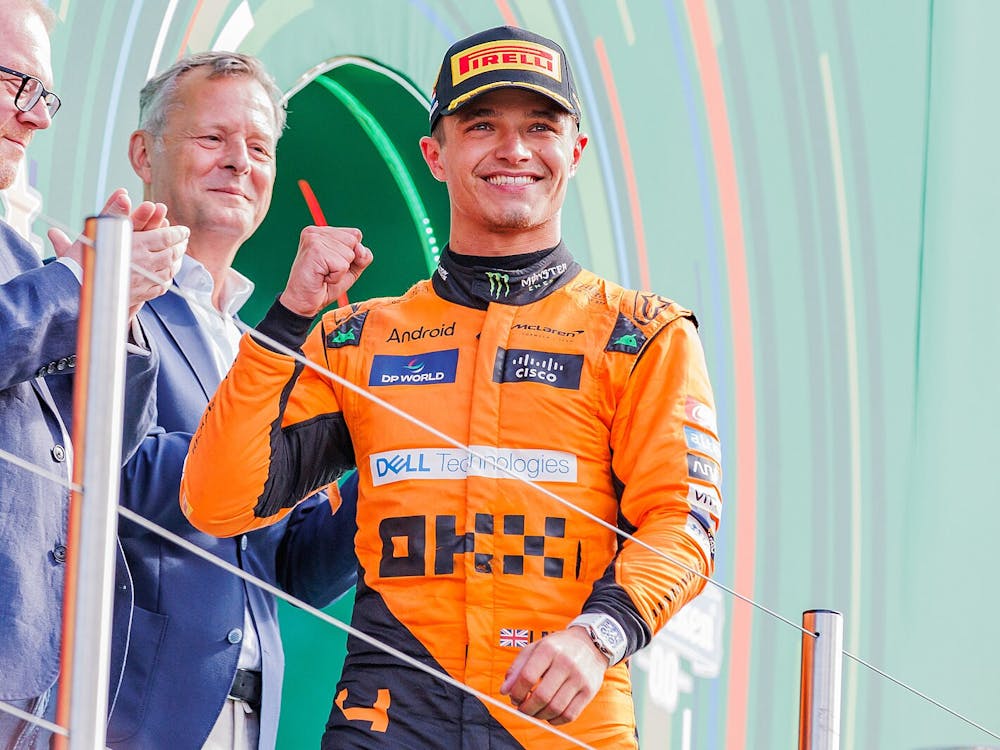I have a particular friend that I’ve known since high school; We’ll refer to him as “Chuck,” who we would always refer to as the “King of Miscellaneous Sports.” Although Chuck holds his own athletic prowess, serving now as a starter on the Wesleyan College soccer team, he used to have a much different persona in his early high school years. Chuck was what you would refer to as portly: short and condensed without any muscle definition. Although he did not look athletic in the slightest, Chuck would dominate every one of my friends in what we called “miscellaneous sports.” These could refer to games such as Ping-Pong, squash, golf, indoor mini basketball and, more recently, spike ball. While Chuck wouldn’t dominate in typical sports, although he always had great footwork in soccer, he would take the cake in games such as these. Chuck eventually came into his own and now stands as a successful college athlete, but his propensity for things outside of soccer I believe truly defines him. Where am I going with this you may ask? Let me explain.
The stereotypical depiction of sports and athletes put forth by society, while praising skill and hard work, potentially ostracizes certain kids from believing they can compete with their peers because of the narrow nature of the sports it promotes. When cut from a particular team or benched because of inadequate skill, certain kids will feel bad about themselves and resist pursuing competition because of their previous negative experience. A lot of the time, they don’t have the ability to seek out other options because of ignorance or lacking resources at the school they attend. While schools may view certain sports as more important than others, they should always make sure to provide alternate outlets in some way, shape or form to supply outliers with similar opportunities for competition. Although it may seem like they’re just playing a miscellaneous game, it will help teach them the value of skill, hard work, competition, winning and losing in a personal way. While there should be alternative means of competition outside of traditional sports, I believe these experiences should still remain face to face with whoever one competes against. To put it briefly, I believe that things such as video games, while providing a competitive outlet for children, take away personal interaction and are devoid of opportunities to develop a sense of emotional intelligence. I believe everyone has to have a multitude of experience coming head to head with another person of similar ability, look them in the eye, wish them the best of luck and then grapple with them in a tangible way. Whether someone achieves victory or suffers defeat, competition and sport in any sense creates fundamental benefits that can help make anyone into a tougher and more resilient person.





